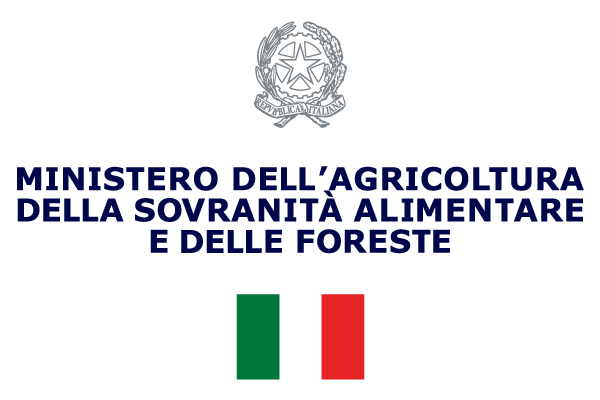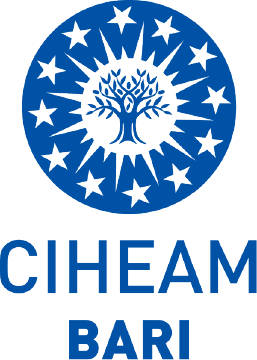<br />The two major aims are toinvestigate potential for developing the environmental, ethical and regionalproduct characteristics of organic farm outputs; and to identify and contributeto the development of marketing institutions and strategies that correspond tothe satisfaction of these growing dimensions of consumer demand. <br /><br /><br />The rapid increase in production of organic foodis creating new and more complex challenges for marketing, from vegetable box schemesto large cooperatives supplying the precise quality and volume demands ofsupermarkets. This project (acronym: OMIaRD), funded by the European Commission, examined all aspects of the marketingof organic produce in Europe, to develop strategies that both satisfy environmentallyand ethically conscious consumers, and support the development of new jobs andimproved incomes in rural communities. The project is designed to produceworkable results for improved marketing, as well as to inform policymakers.<br />The project has been organized in 5 work-packages, the project team involves 10partners and a further 11 subcontractors, covering 19 countries in total.<br />The first workpackage is exploratory, takingstock of initiatives that currently exist and the volume and<br />value of produce they sell. The second providesan opportunity for a more in-depth investigation of case studies of a rangesuccessful (and also ineffective) marketing initiatives in specific regions of Europe. The third will link these case study regions to economicdevelopment issues, providing an assessment of the potential for job and incomegeneration from various types of initiative. The fourth workpackage willexplore trends in consumer demand, examining attitudes to organic products andfarming systems in Europe as a whole, with a particular focus on quality,ethical, social and environmentaldimensions, and place identity. The final workpackage will combine the insightsof these diverse activities to provide practical advice for marketing initiatives,and back-up for developing specific policies towards organic marketdevelopment. <br /><br /><a href="http://www.irs.aber.ac.uk/OMIaRD"><br />http://www.irs.aber.ac.uk/OMIaRD</a><br /><br /><br />Zanoli R., Naspetti S. (2004): “Do Consumers Care About Where They buy Organic Products? A Means-End Study with Evidence from Italian Data” in Baourakis G. (a cura di), Marketing Trends for Organic Food in the 21stCentury, World Scientific.<br />Zanoli R., Naspetti S., Vairo D., Thelen E., Laberenz H. and Bähr M (2004): Potential scope for improved marketing: considering consumer expectations with regard to organic and regional food. In: Schmid, O., J. Sanders, and P. Midmore (eds.) Organic Marketing Initiatives and Rural Development, Organic Marketing Initiatives and Rural Development series: Volume 7, University of Wales, Aberystwyth<br />Zanoli R. (2004): The European Consumer and Organic food (eds.), Organic Marketing Initiatives and Rural Development, Organic Marketing Initiatives and Rural Development series: Volume 4, University of Wales, Aberystwyth<br />Zanoli R., Naspetti S. (2003): “Le preferenze del consumatore bio: i risultati di un’indagine qualitativa”, AZBIO, 3 (9)<br />Zanoli R. (2003): “Nuovi modelli di consumo e prodotti biologici”, in Canali M. (a cura di): Economie, Società, Agricolture, Allori, Ravenna.<br /><br /><br /><br /><br />






